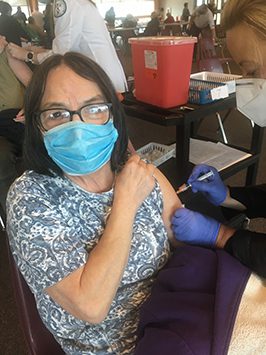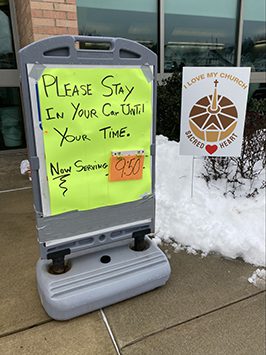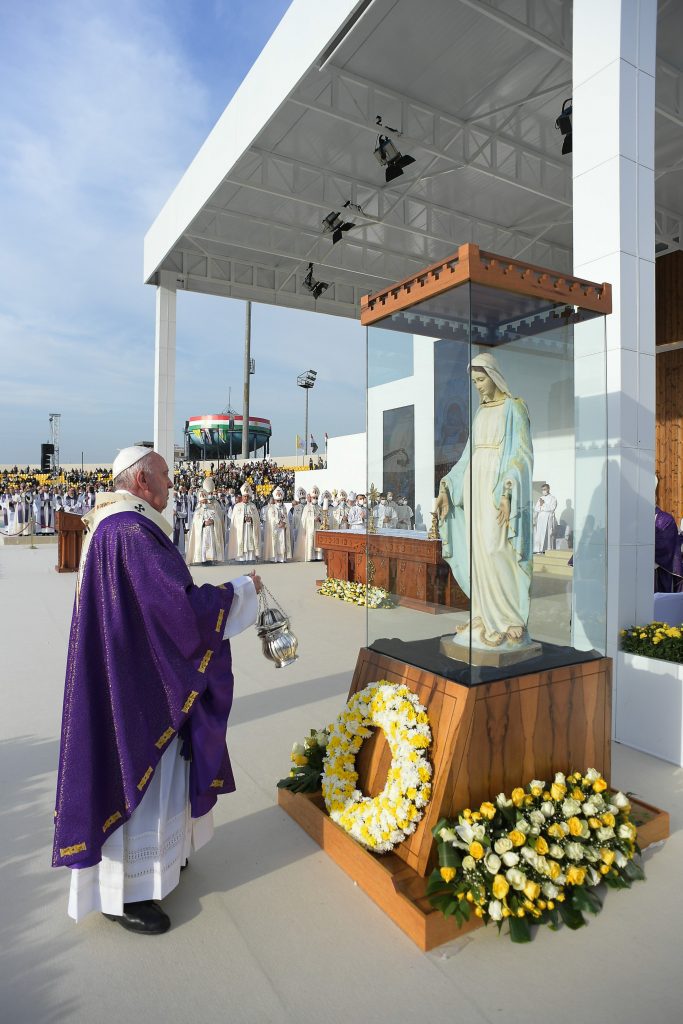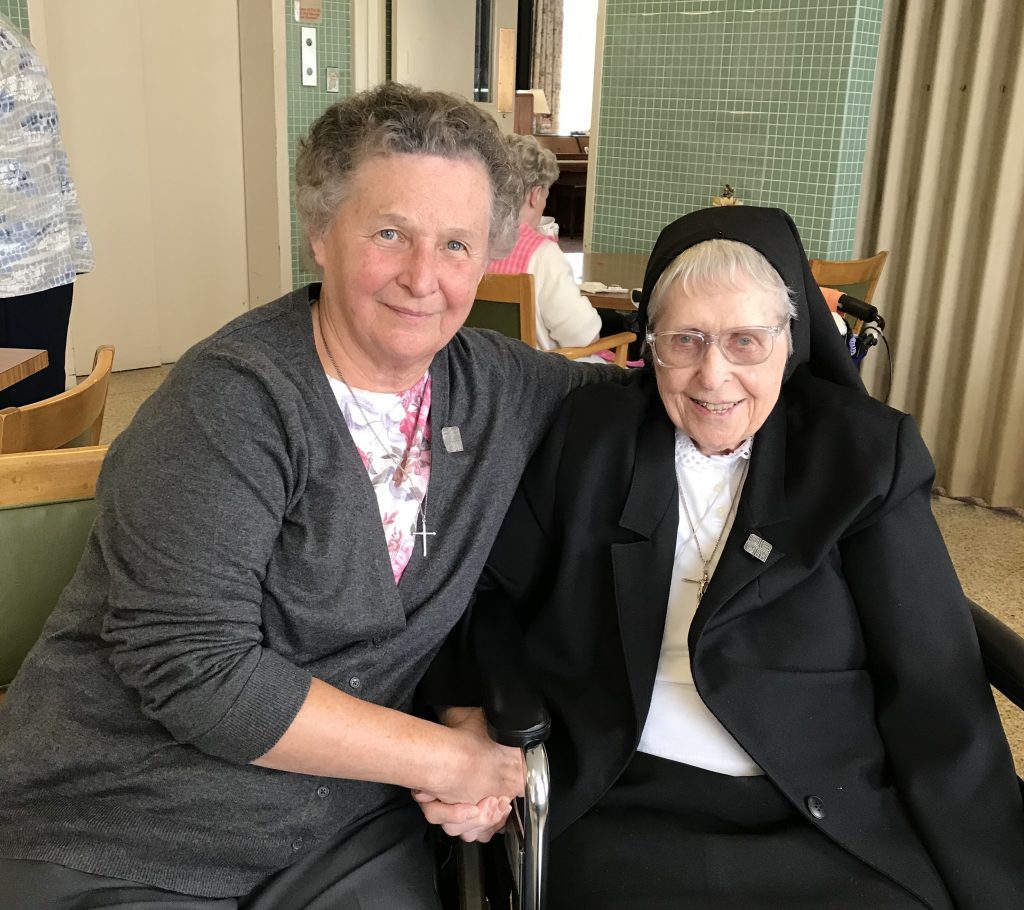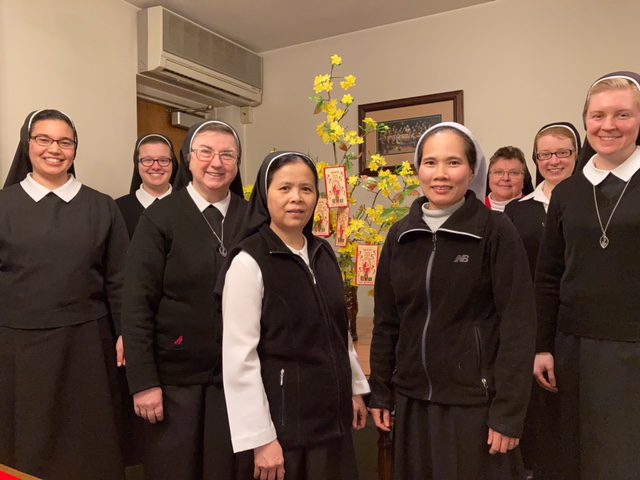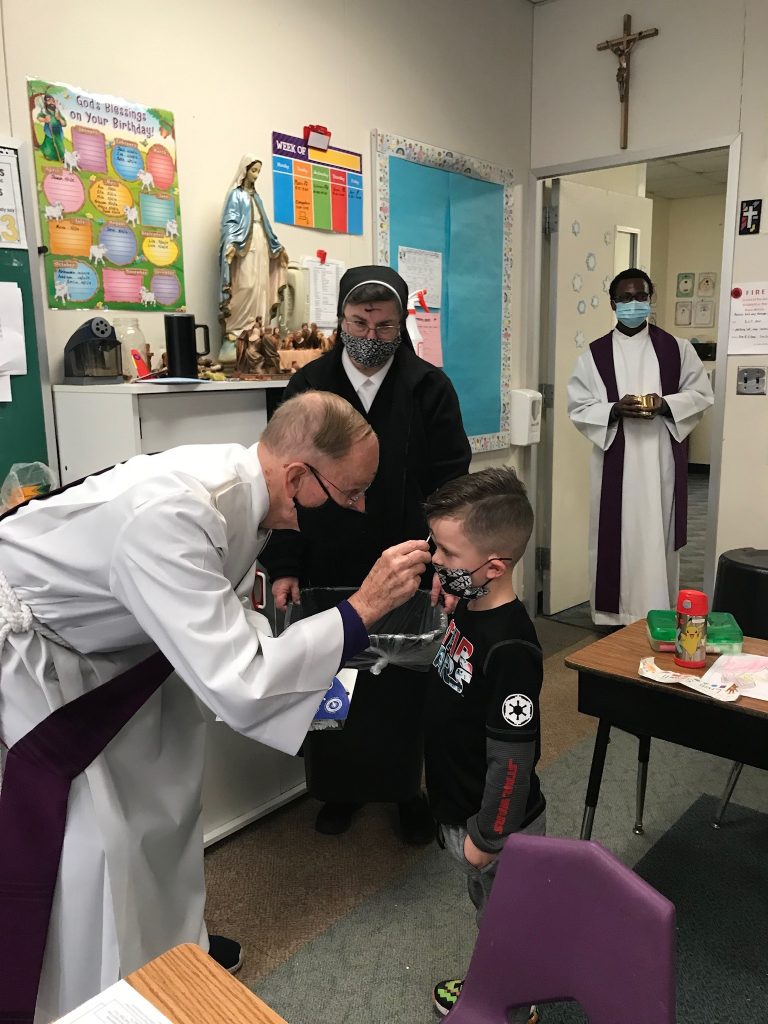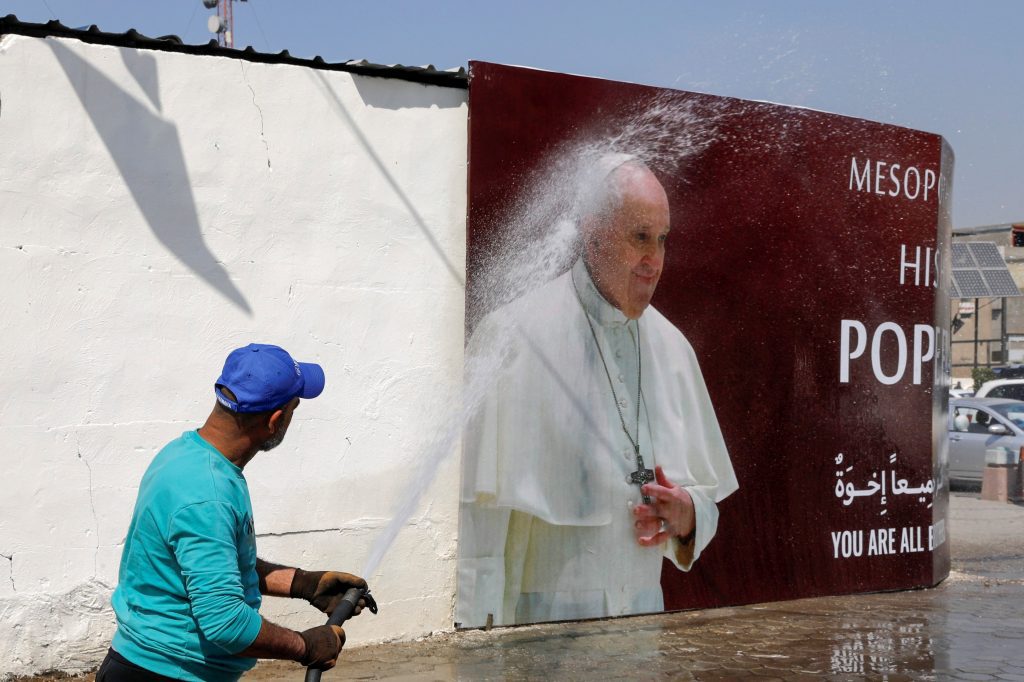WASHINGTON (CNS) – U.S. life has “dramatically changed” due to the yearlong pandemic, and alongside it, racial injustices and political divisions have shaken the nation, yet there is “comfort in God’s promise,” the U.S. bishops’ Administrative Committee said in a March 9 pastoral message.
There also “is much to learn from this global suffering,” it said, adding that going forward, people must build on the many acts of sacrifice and kindness exhibited amid the scourge of COVID-19.
March 11 marks one year since the World Health Organization declared COVID-19 a global pandemic, “ushering in immense suffering,” the pastoral message said. This was WHO’s first such designation since declaring H1N1 influenza a pandemic in 2009.
To date, 525,000 lives have been lost to the disease just in the U.S., according to data from Johns Hopkins University in Baltimore. Worldwide, the death toll is 2.6 million.
“Many have endured extraordinary hardships: sickness, death, mourning, a lack of food, unstable housing, loss of work and income, struggles with education, separation, abuse, isolation, depression and anxiety,” said the message, approved by the U.S. Conference of Catholic Bishops’ Administrative Committee during its virtual meeting.
The committee is led by the USCCB president, who is Los Angeles Archbishop José H. Gomez, and is made up of all chairmen of USCCB’s committees and a representative from each U.S. episcopal region. The committee operates as the board of directors.
“We witnessed racial injustices, the diminishment of the poor and the elderly, and painful divisions in our political life,” the Administrative Committee’s message said. “Yet we know, as the Psalms remind us, that we find comfort in God’s promise that gives us life (Ps 119:50).”
The pastoral message pointed to innumerable “acts of sacrifice” and “acts of kindness” that have helped ameliorate in many ways some of the suffering — physical, emotional and financial — the pandemic has wrought.
“We also saw countless acts of sacrifice by health care workers, first responders, chaplains, those who work in our soup kitchens and homeless shelters, mail carriers, agricultural and grocery store workers, friends and even strangers,” the committee said.
“Countless acts of kindness were offered by so many people, which served to remind us that we are all in this together. For all these acts of sacrifice, we are very grateful,” it continued.
“We are also very grateful to our priests, deacons, religious, teachers, catechists and lay ecclesial ministers who have ministered to the people of God during these difficult times.”
Shortly after WHO declared a pandemic, U.S. archdioceses and dioceses, like their counterparts around the globe, adopted wide-ranging plans to limit the spread of the coronavirus.
Among the most common preventative measures were urging reception of holy Communion in the hand, suspension of distribution of the Communion cup and exchanging the sign of peace without physical contact.
Bishops issued a general dispensation from the Sunday Mass obligation. With limits on the size of congregations in churches, dioceses also pivoted to using technology to livestream Mass, parish events and meetings.
“In the pandemic, God has once more revealed us to ourselves,” the committee’s pastoral message said. “As Pope Francis reminded us in St. Peter’s square last year, we are not as powerful or as in control as we thought. Rather than being ashamed of this powerlessness, or crushed by the fear of what we cannot control, our interconnectedness and dependence on God has been revealed.
“As Christians, this is a very familiar lesson: St. Paul reminds us to bear one another’s burdens, and so you will fulfill the law of Christ (Gal 6:2). And that law is the law of love.”
The pandemic also has “revived our sense that we are a global community, and that each of us is indeed each other’s keeper,” it said.
“While the growing availability of vaccines is a clear sign of hope that this pandemic, too, will pass, that hope must be given to every human being on the planet by making the vaccines universally available,” it continued. “Richer nations and pharmaceutical companies must work together to ensure that no nation, no person is left behind.”
In the United States, two COVID-19 vaccines received emergency-use approval by the federal Food and Drug Administration in early December and a third one recently received this approval from the FDA.
ABC News reported that to date, 30 million Americans have received a COVID-19 vaccine and said that March 9, the U.S “hit a new daily record for vaccinations with 2.9 million shots in arms in just one day.”
As a result of more people being vaccinated and COVID-19 cases declining, many states are loosening some pandemic restrictions — though cautioning people to still take precautions and continue to use face masks, social distance and regularly wash their hands, because the country is not out of the woods yet. Catholic leaders also have reiterated the need to continue to take these precautions.
“There is so much to learn from this global suffering,” the Administrative Committee said in its pastoral message. “We must build on the kindness and openness that we have witnessed on the local level by creating more social structures that not only heal the fractures and isolation felt by so many during this pandemic but will prevent such divisions from occurring again.
“As Pope Francis has implored, ‘Let us dream, then, as a single human family,’ to a horizon where we are more caring of one another. Let us keep this sense alive and continue the work of promoting the common good.”
The Administrative Committee members said that “renewed by this season of Lent, we … place our confidence in the Lord, who suffered, was crucified and is resurrected.”
“We join our brother bishops in urging everyone to continue to keep God’s love alive in their hearts and in their families and communities,” they said. “And we look forward to welcoming the Catholic faithful back when we all may safely participate physically in the eucharistic celebration of the Mass and gather once more in our parishes.”


